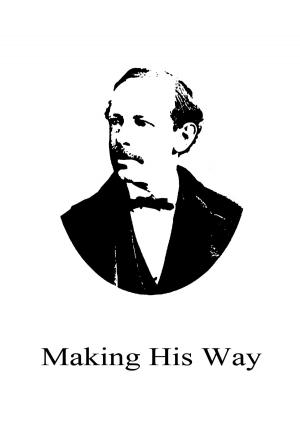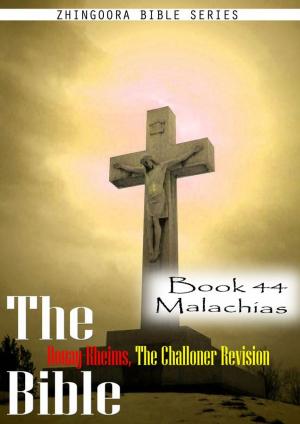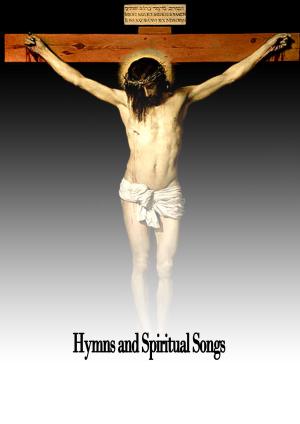| Author: | Charles Dickens | ISBN: | 1230000036549 |
| Publisher: | Zhingoora Books | Publication: | December 4, 2012 |
| Imprint: | Language: | English |
| Author: | Charles Dickens |
| ISBN: | 1230000036549 |
| Publisher: | Zhingoora Books |
| Publication: | December 4, 2012 |
| Imprint: | |
| Language: | English |
Christmas Summary Classics
This series contains summary of Classic books such as Emma, Arne, Arabian Nights, Pride and prejudice, Tower of London, Wealth of Nations etc. Each book is specially crafted after reading complete book in less than 30 pages. One who wants to get joy of book reading especially in very less time can go for it.
CHARLES DICKENS
Barnaby Rudge
Charles Dickens, son of a clerk in the Navy Pay Office, was born at Landport on February 7, 1812. Soon afterwards the family removed to Chatham and then to London. With all their efforts, they failed to keep out of distress, and at the age of nine Dickens was employed at a blacking factory. With the coming of brighter days, he was sent back to school; afterwards a place was found for him in a solicitor's office. In the meantime, his father had obtained a position as reporter on the "Morning Herald," and Dickens, too, resolved to try his fortune in that direction. Teaching himself shorthand, and studying diligently at the British Museum, at the age of twenty-two he secured permanent employment on the staff of a London paper. "Barnaby Rudge," the fifth of Dickens's novels, appeared serially in "Master Humphrey's Clock" during 1841. It thus followed "The Old Curiosity Shop," the character of Master Humphrey being revived merely to introduce the new story, and on its conclusion "The Clock" was stopped for ever. In 1849 "Barnaby Rudge" was published in book form. Written primarily to express the author's abhorrence of capital punishment, from the use he made of the Gordon Riots of 1780, "Barnaby Rudge," like "A Tale of Two Cities," may be considered an historical work. It is more of a story than any of its predecessors. Lord George Gordon, the instigator of the riots, died a prisoner in the Tower of London, after making public renunciation of Christianity in favour of the Jewish religion. "The raven in this story," said Dickens, "is a compound of two originals, of whom I have been the proud possessor." Dickens died at Gad's Hill on June 9, 1870, having written fourteen novels and a great number of short stories and sketches.
Christmas Summary Classics
This series contains summary of Classic books such as Emma, Arne, Arabian Nights, Pride and prejudice, Tower of London, Wealth of Nations etc. Each book is specially crafted after reading complete book in less than 30 pages. One who wants to get joy of book reading especially in very less time can go for it.
CHARLES DICKENS
Barnaby Rudge
Charles Dickens, son of a clerk in the Navy Pay Office, was born at Landport on February 7, 1812. Soon afterwards the family removed to Chatham and then to London. With all their efforts, they failed to keep out of distress, and at the age of nine Dickens was employed at a blacking factory. With the coming of brighter days, he was sent back to school; afterwards a place was found for him in a solicitor's office. In the meantime, his father had obtained a position as reporter on the "Morning Herald," and Dickens, too, resolved to try his fortune in that direction. Teaching himself shorthand, and studying diligently at the British Museum, at the age of twenty-two he secured permanent employment on the staff of a London paper. "Barnaby Rudge," the fifth of Dickens's novels, appeared serially in "Master Humphrey's Clock" during 1841. It thus followed "The Old Curiosity Shop," the character of Master Humphrey being revived merely to introduce the new story, and on its conclusion "The Clock" was stopped for ever. In 1849 "Barnaby Rudge" was published in book form. Written primarily to express the author's abhorrence of capital punishment, from the use he made of the Gordon Riots of 1780, "Barnaby Rudge," like "A Tale of Two Cities," may be considered an historical work. It is more of a story than any of its predecessors. Lord George Gordon, the instigator of the riots, died a prisoner in the Tower of London, after making public renunciation of Christianity in favour of the Jewish religion. "The raven in this story," said Dickens, "is a compound of two originals, of whom I have been the proud possessor." Dickens died at Gad's Hill on June 9, 1870, having written fourteen novels and a great number of short stories and sketches.
![Cover of the book Barnaby Rudge [Christmas Summary Classics] by Charles Dickens, Zhingoora Books](https://www.kuoky.com/images/2012/december/500x500/1230000036549-xheA_500x.jpg)
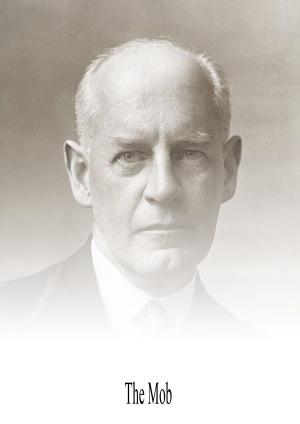
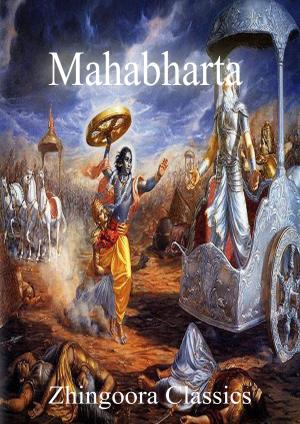
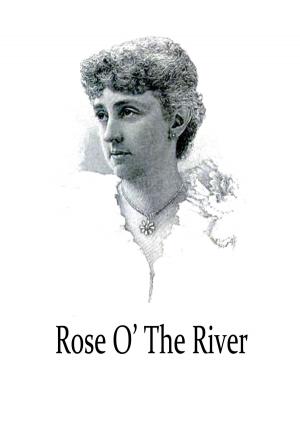
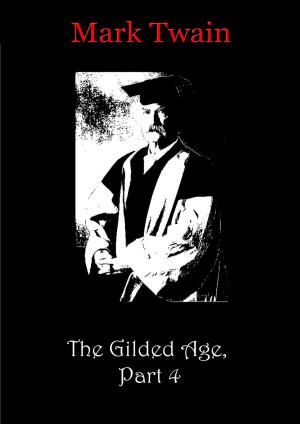

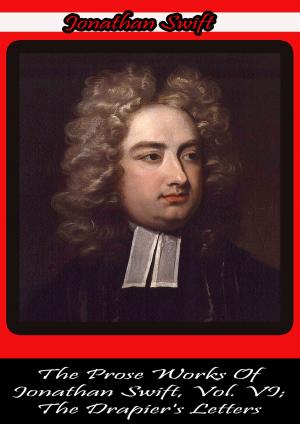
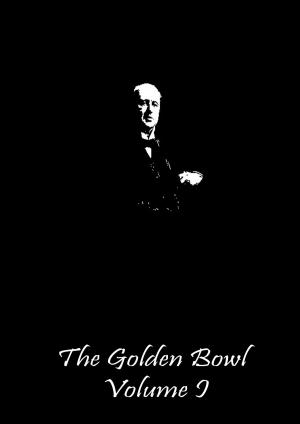

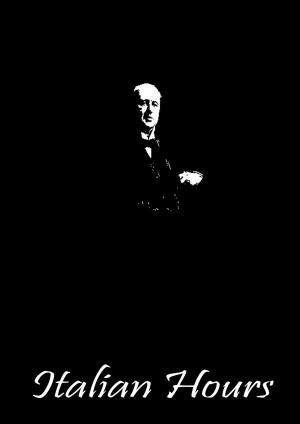

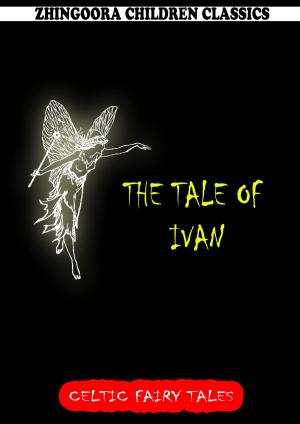
![Cover of the book And Thus He Came [Christmas Summary Classics] by Charles Dickens](https://www.kuoky.com/images/2012/october/300x300/1230000024158-goi9_300x.jpg)
